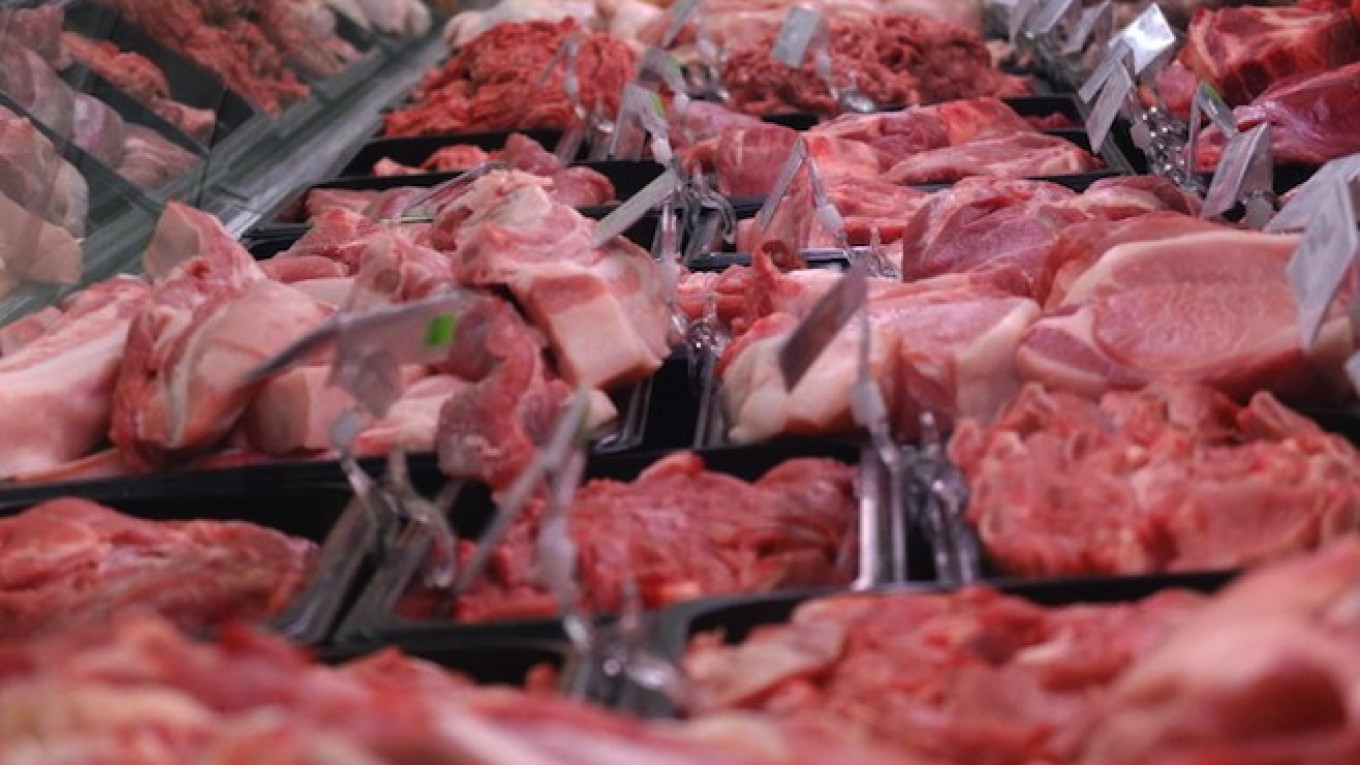Russia may exempt around 20 firms in Hungary, Greece and Cyprus from its embargo on food imports from the European Union, the Interfax news agency quoted a senior official as saying on Tuesday.
Russia introduced the ban on food imports from the 28-nation EU last year in response to Western sanctions imposed on Moscow over its role in the Ukraine crisis, denying many food producers access to the large Russian market.
Sergei Dankvert, the head of Russia's federal veterinary service, said the ban could be lifted for 15 Hungarian and a few Greek and Cypriot producers, Interfax reported.
Hungary, Cyprus and Greece, while taking part in the EU sanctions, have tried to maintain good economic and political ties with Russia and have avoided criticism of Moscow's annexation of Crimea and its support for pro-Russian rebels in east Ukraine.
Moscow denies giving any direct support, through arms and troops, for pro-Russian rebels in eastern Ukraine.
Oysters
Interfax quoted Dankvert as saying his service was not currently conducting negotiations with the EU on lifting the wider ban on food imports, adding that Brussels had effectively scuppered previous bilateral talks with Poland and Lithuania.
The ban, which affects some $9 billion worth of food imports from the EU, the United States and some other countries, is due to run out on August 7, a year after it was imposed.
But the EU has suggested it might extend its sanctions, saying Russia is not doing enough to help implement a fragile peace deal for eastern Ukraine agreed in February in Minsk.
Russia has not said whether it will renew its own countermeasures but could decide to exploit divisions within the EU by taking a lenient stance toward less critical member states.
President Vladimir Putin has said the food import embargo provides an opportunity to boost domestic production. The ban helped spur Russian inflation in the winter months when the ruble plunged, but the currency has since stabilized.
Around 6,000 European firms were exporting food products to Russia before the embargo and they are steadily being supplanted by suppliers from Latin America, Africa and Asia as well as non-EU countries in Europe such as Serbia, Dankvert said.
"In our shops now you can find cheese from Uruguay and Paraguay, dairy products from Chile, and a range of African countries, notably Tunisia and Morocco, have increased their deliveries of oysters," he said.
A Message from The Moscow Times:
Dear readers,
We are facing unprecedented challenges. Russia's Prosecutor General's Office has designated The Moscow Times as an "undesirable" organization, criminalizing our work and putting our staff at risk of prosecution. This follows our earlier unjust labeling as a "foreign agent."
These actions are direct attempts to silence independent journalism in Russia. The authorities claim our work "discredits the decisions of the Russian leadership." We see things differently: we strive to provide accurate, unbiased reporting on Russia.
We, the journalists of The Moscow Times, refuse to be silenced. But to continue our work, we need your help.
Your support, no matter how small, makes a world of difference. If you can, please support us monthly starting from just $2. It's quick to set up, and every contribution makes a significant impact.
By supporting The Moscow Times, you're defending open, independent journalism in the face of repression. Thank you for standing with us.
Remind me later.






